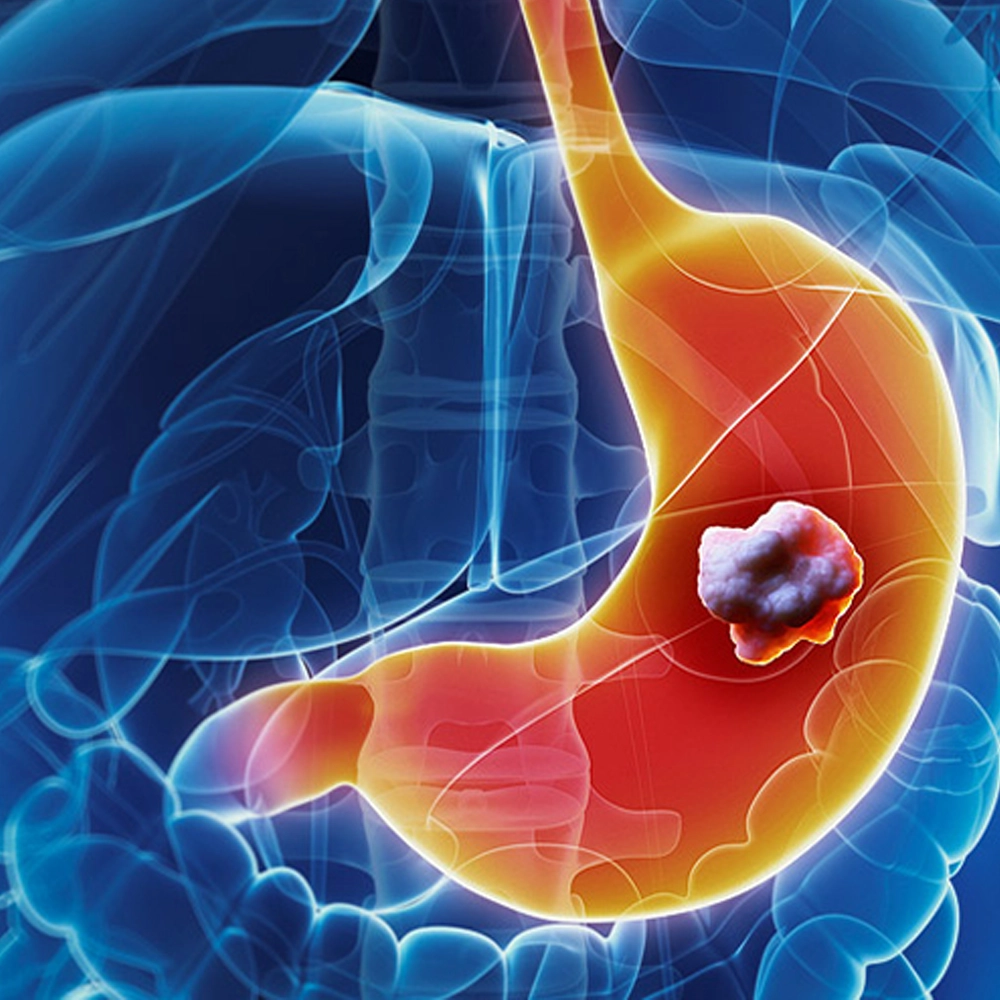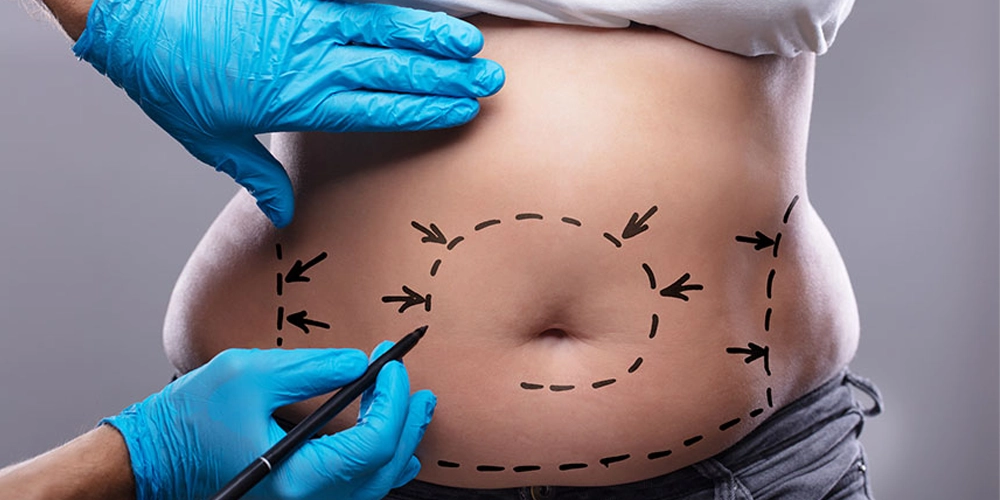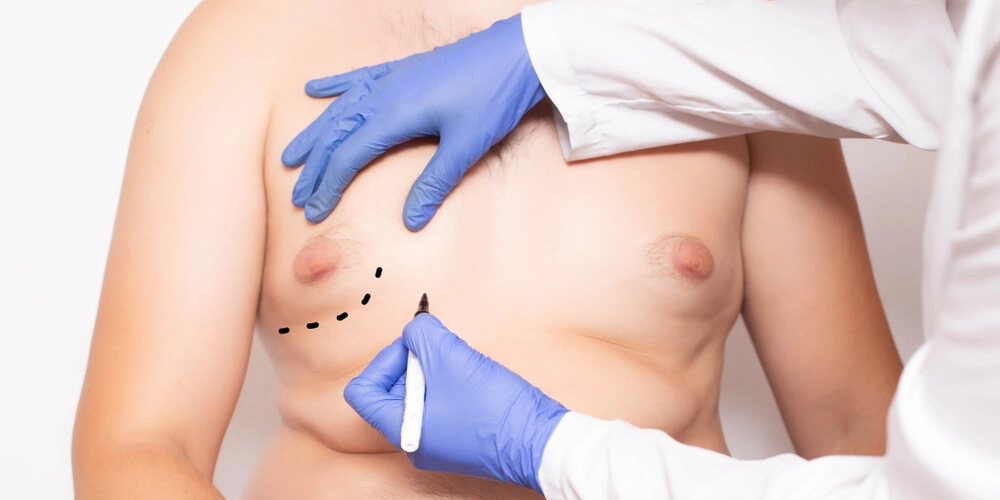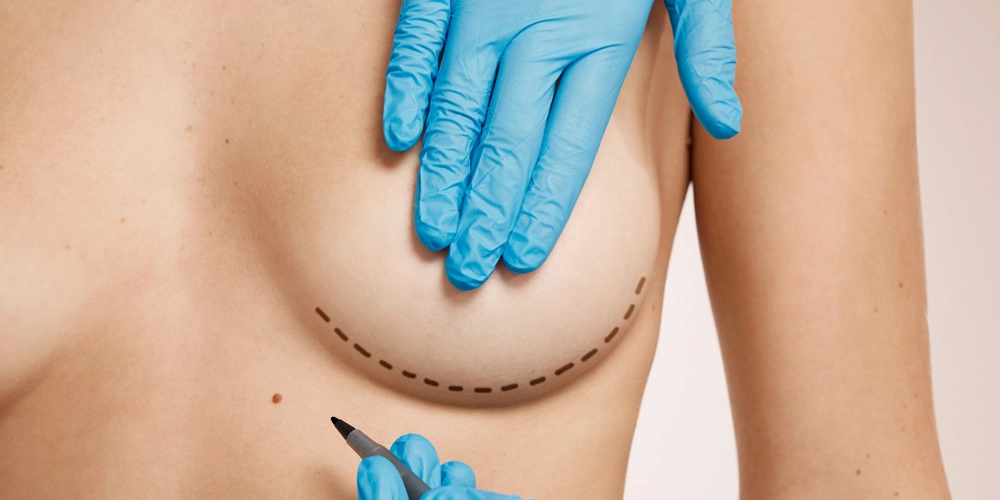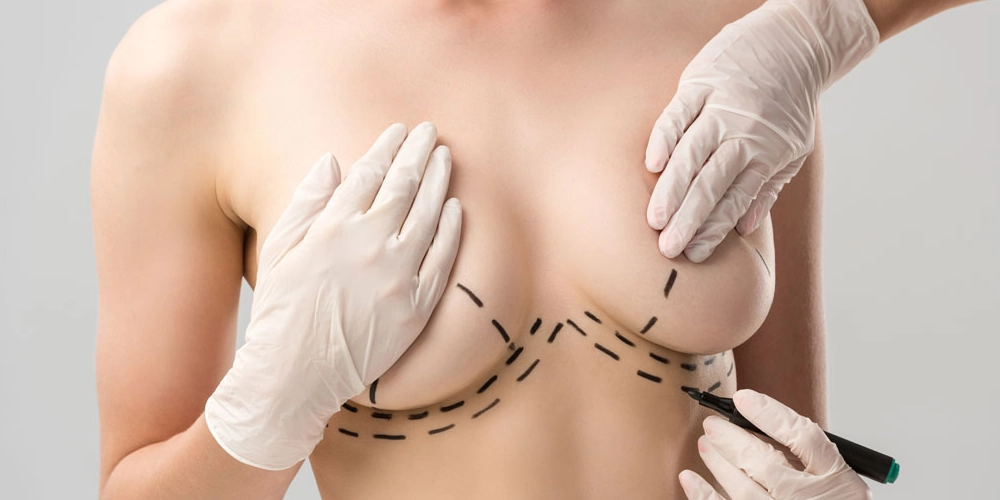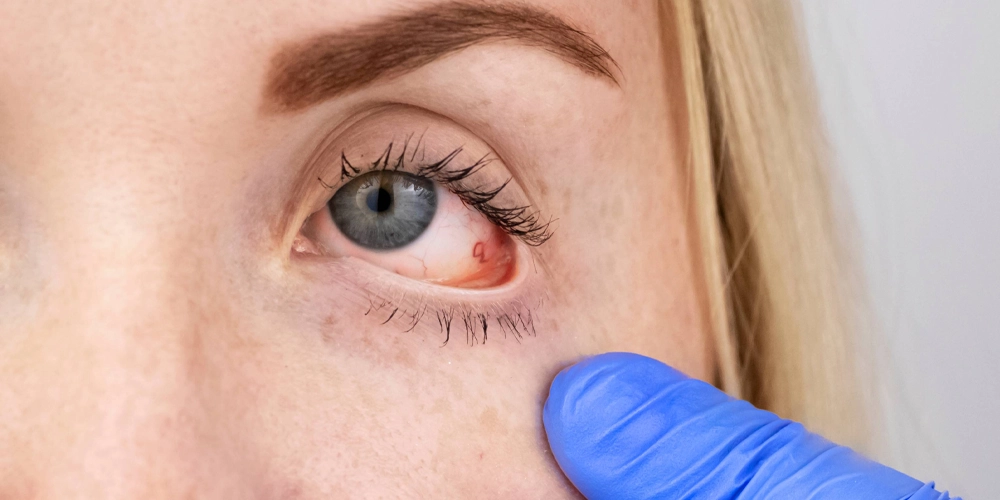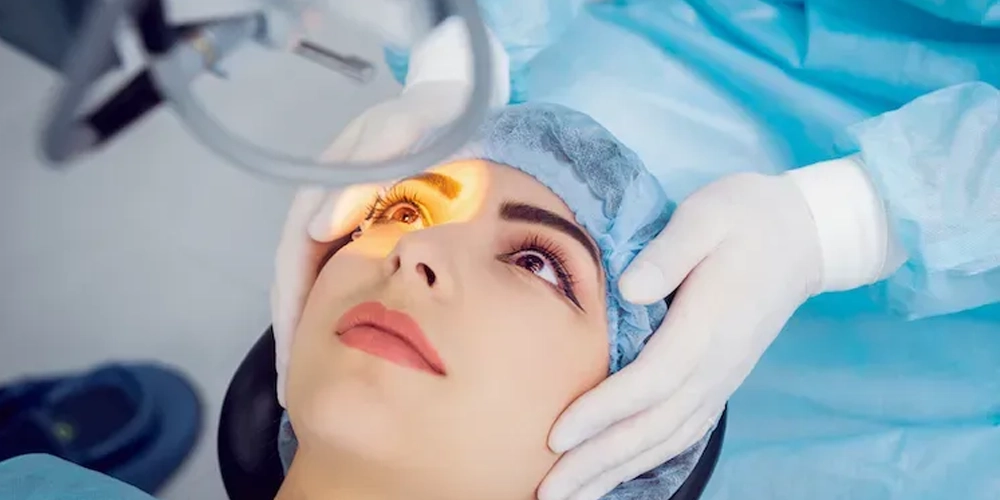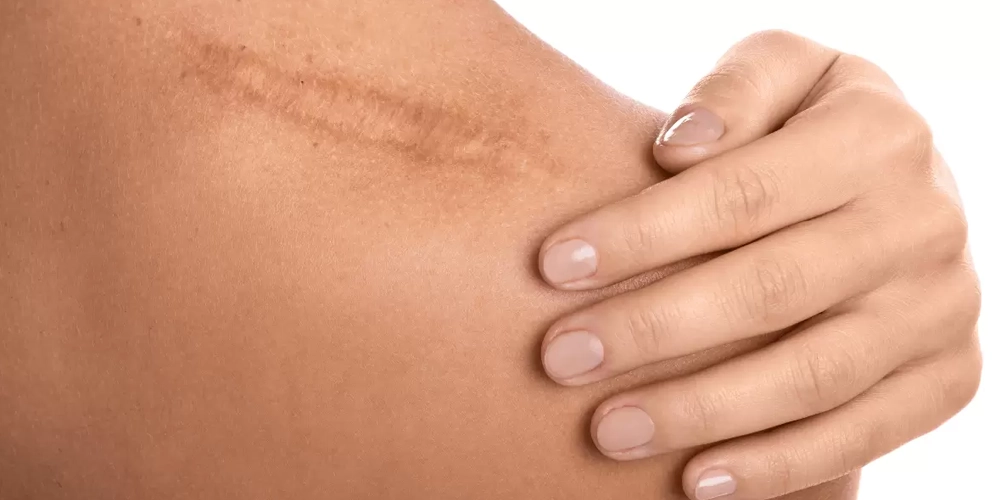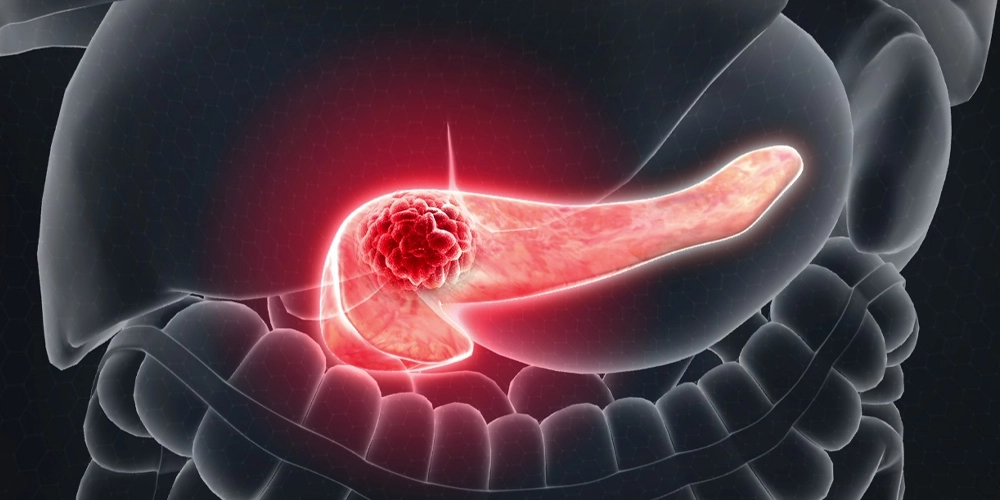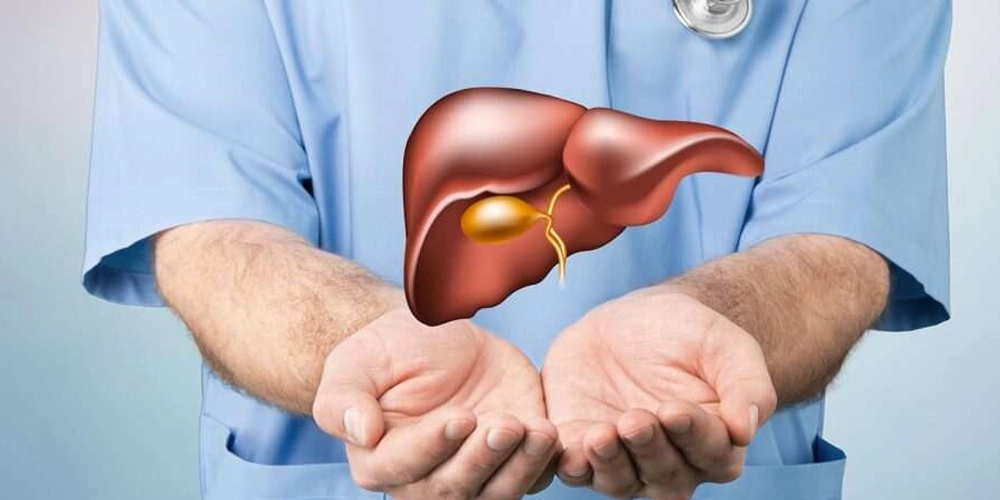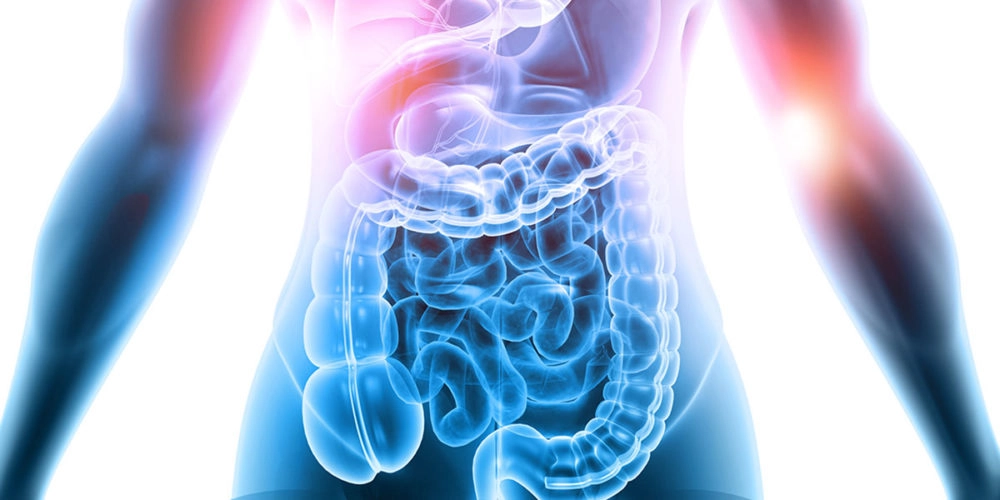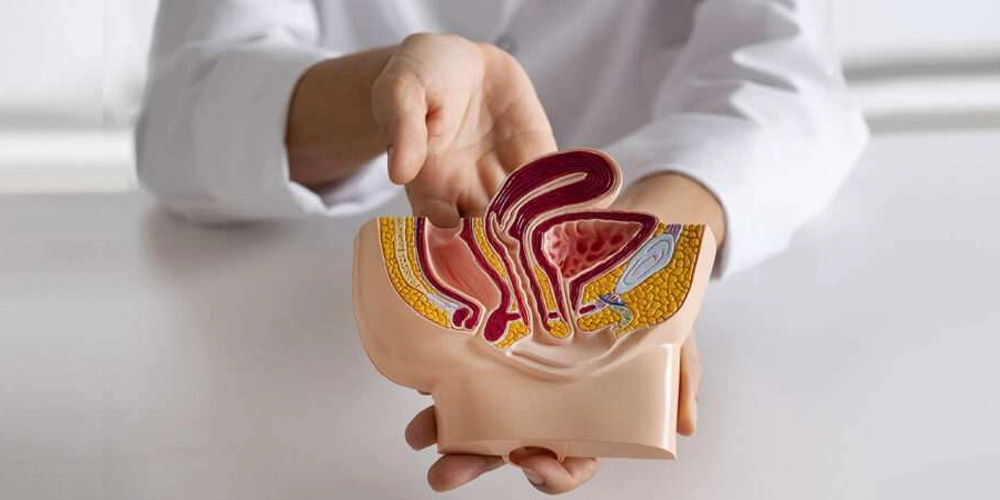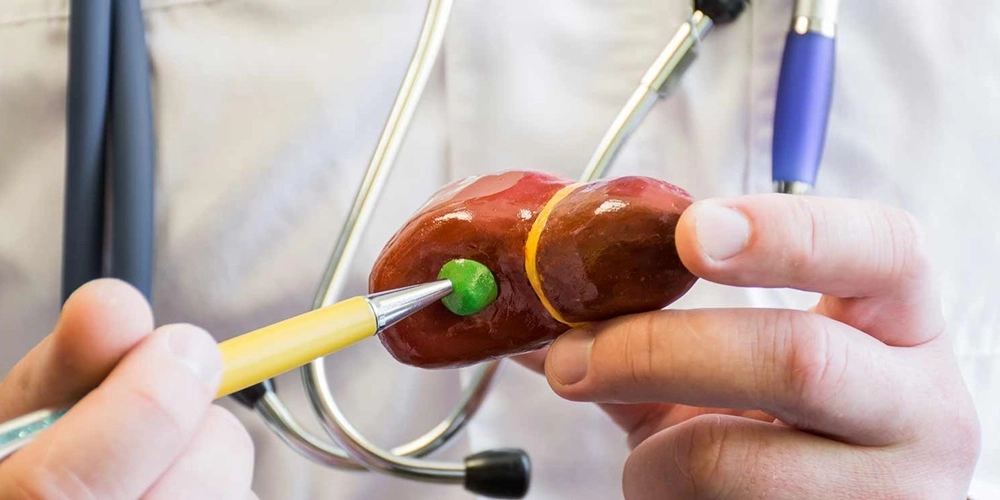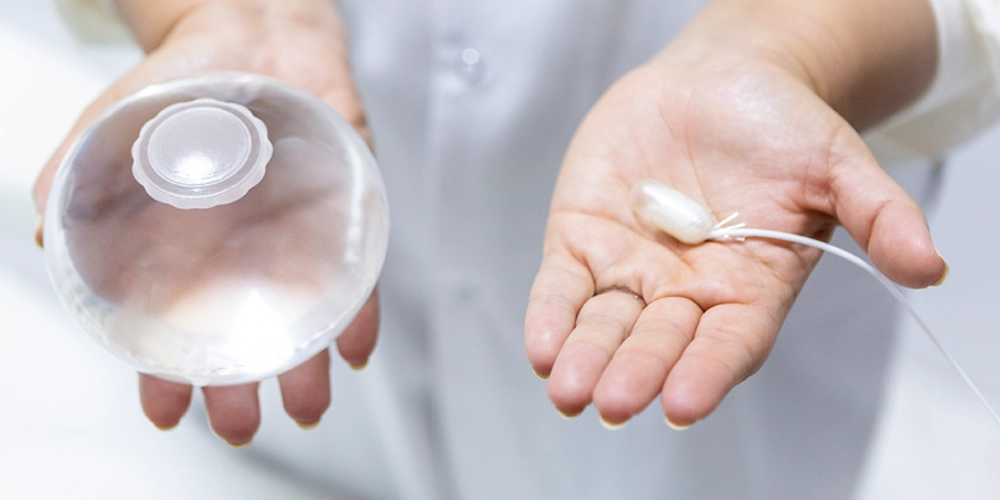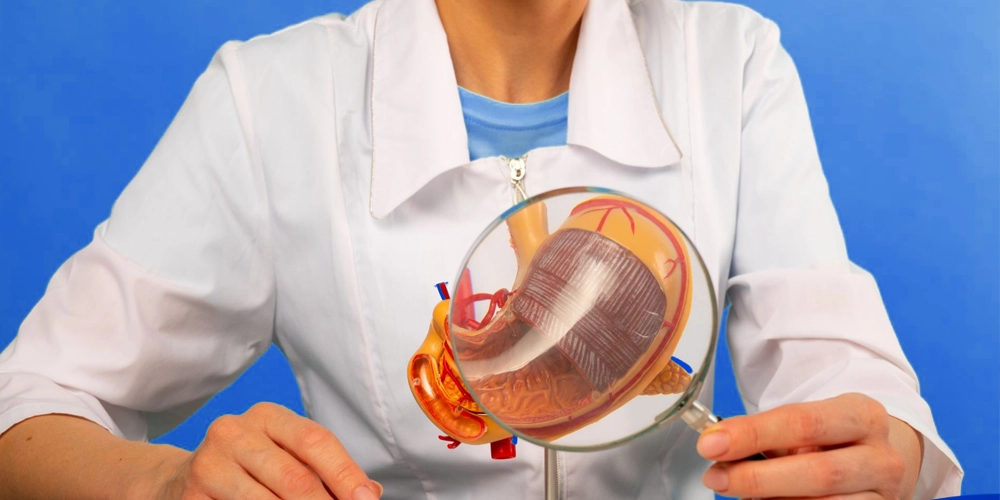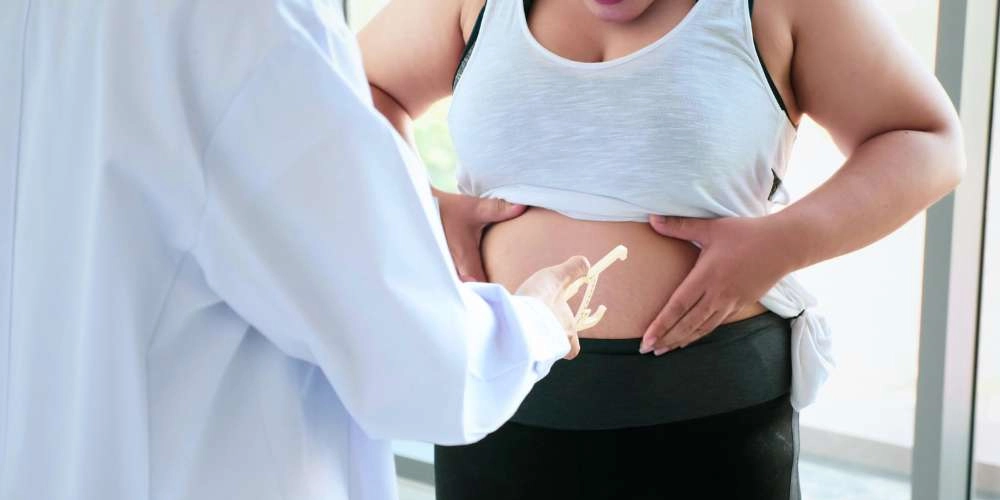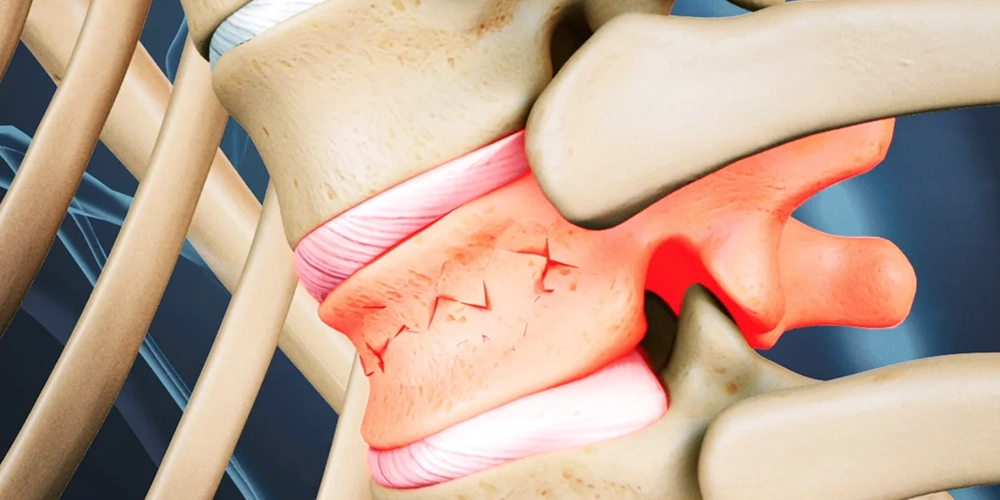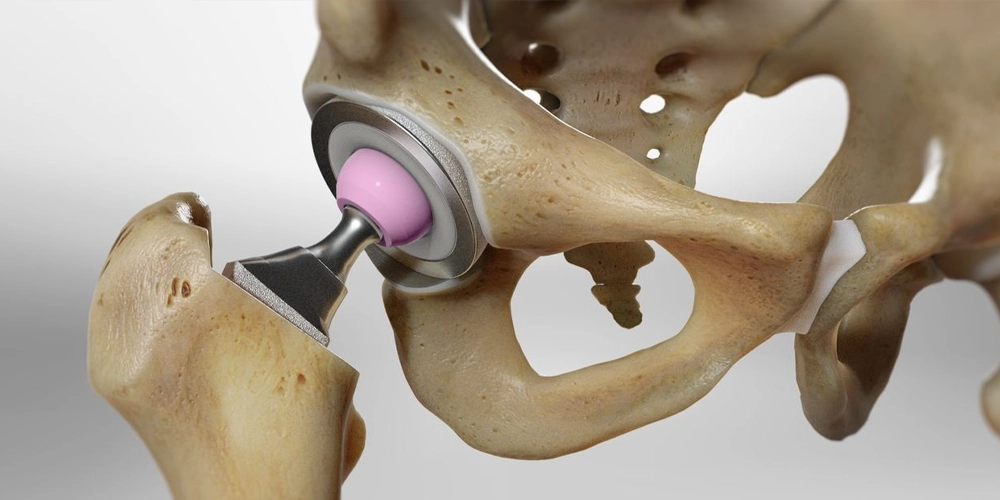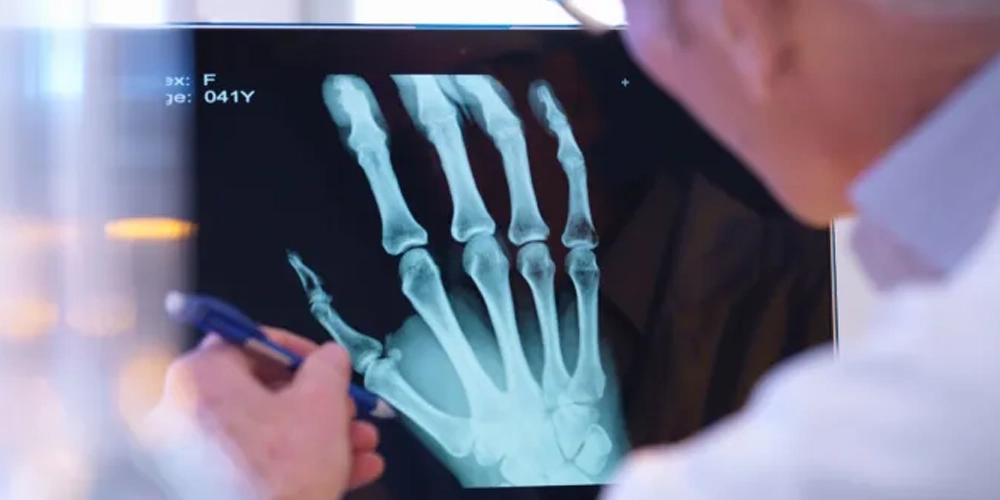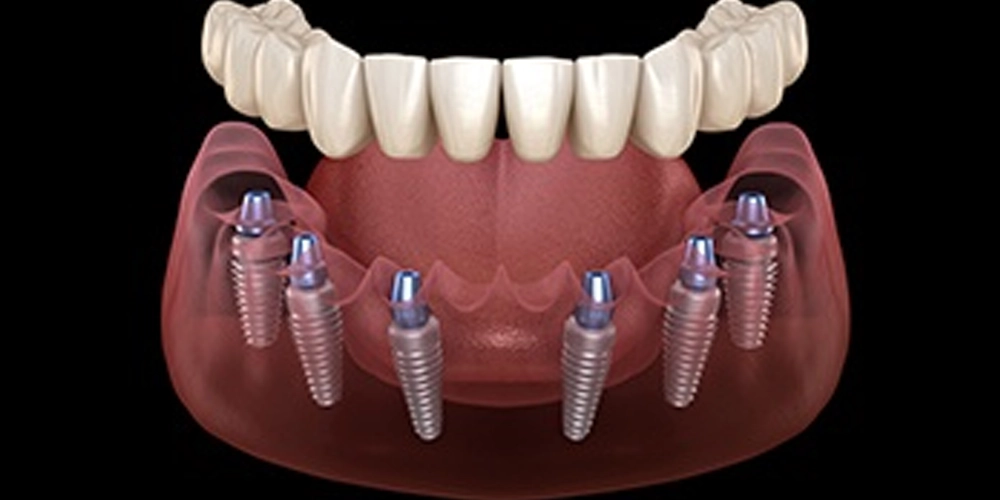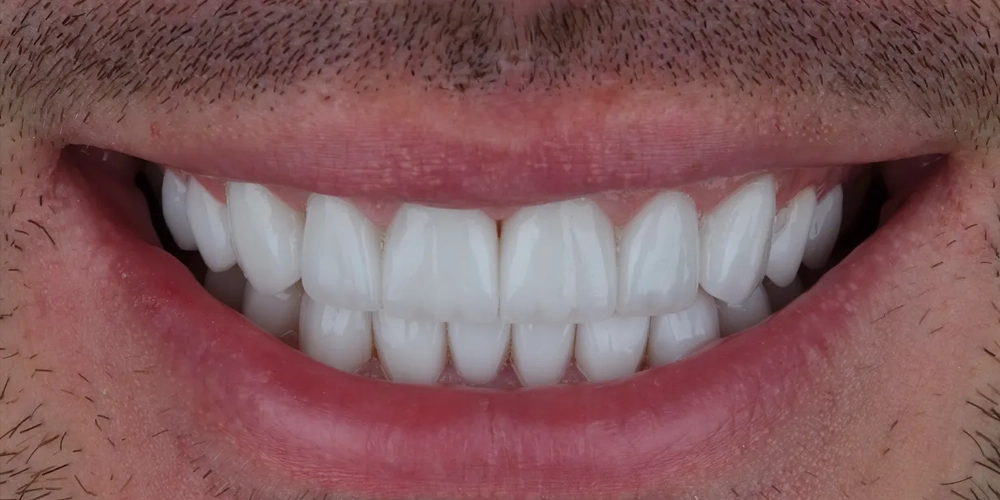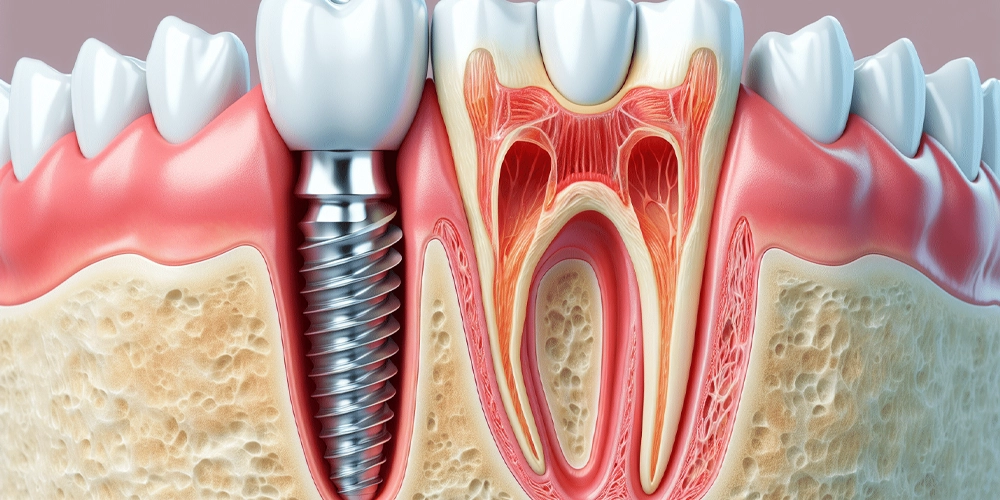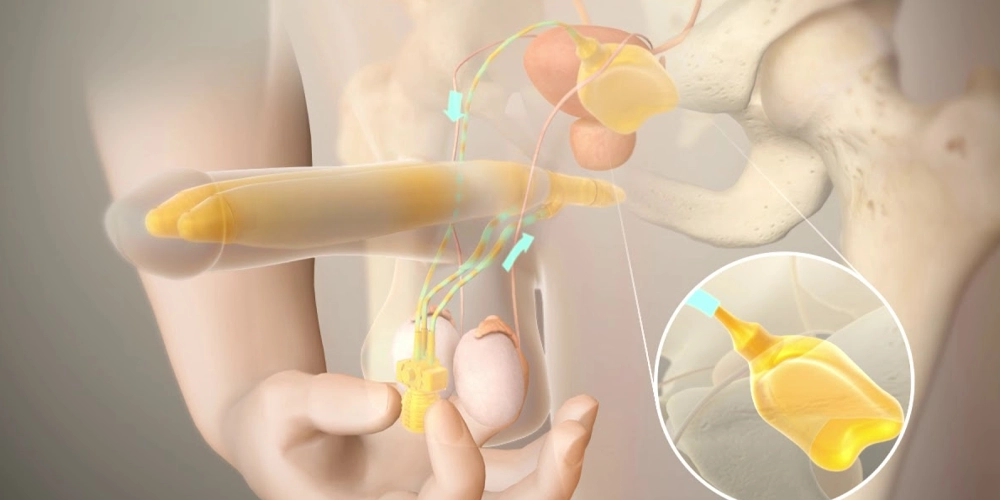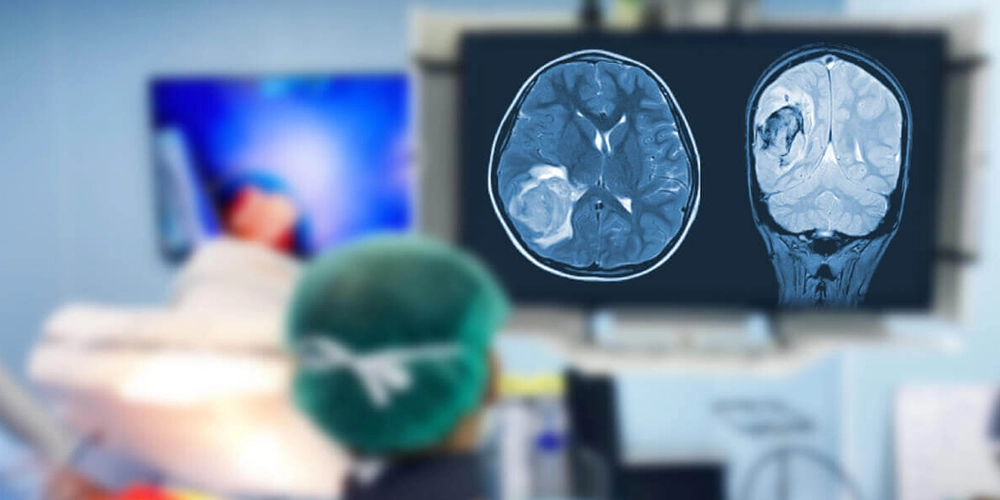

Stomach Cancer Surgery
2 – 6 Hours
General Anesthesia
Several Weeks
GET OFFER
Overview
Stomach cancer surgery, also known as gastrectomy, is a vital treatment for a disease where abnormal cells in the stomach lining grow uncontrollably. The goal of this surgery is to remove the cancerous tissue entirely, alleviate symptoms, and extend a patient’s life. The specific surgical approach, whether it’s the partial or complete removal of the stomach, is determined by the cancer’s location and stage.
Stomach Cancer Surgery at Atlas University Hospital: Comprehensive Care for Gastric Cancer
At Atlas University Hospital, we provide comprehensive care for gastric cancer through advanced stomach cancer surgery procedures. Our expert surgical oncologists perform a range of gastrectomy procedures—from subtotal to total gastrectomy—tailored to each patient’s specific diagnosis. Our primary goal with stomach cancer surgery at Atlas University Hospital is to achieve a complete resection of the tumor, offering the best possible chance for a long-term recovery and improved quality of life.
Why Choose Atlas University Hospital for Stomach Cancer Surgery?
Choosing Atlas University Hospital for your stomach cancer surgery means partnering with a highly specialized and compassionate team. Patients trust us because we provide:
- Advanced Surgical Expertise: Our surgeons are skilled in a variety of techniques, including complex tumor removals and lymph node dissections.
- Personalized Treatment Plans: Every surgery is carefully planned based on the tumor’s specific characteristics and the patient’s overall health.
- State-of-the-Art Facilities: We perform all stomach cancer surgery procedures in our modern, well-equipped hospital in Istanbul.
- Comprehensive Care: We offer complete support, from pre-operative consultation and surgical planning to post-operative recovery and beyond.
The Stomach Cancer Surgery Procedure at Atlas University Hospital
The stomach cancer surgery procedure at Atlas University Hospital is a meticulously planned and executed operation.
- Procedure Time: Typically lasts 2 to 6 hours, depending on the complexity and extent of the surgery.
- Anesthesia: General anesthesia is administered to ensure a pain-free and comfortable experience.
- Location: All procedures are performed in the specialized surgical departments of Atlas University Hospital in Istanbul.
- Recovery: Patients typically stay in the hospital for 5-7 days. Full recovery can take several weeks, with our team providing dedicated support.
- Expected Outcomes: The surgery aims for complete or partial cancer removal, symptom relief, and improved life expectancy.
Your Stomach Cancer Surgery Journey: The Daily Plan at Atlas University Hospital
We provide a clear, day-by-day plan for your stomach cancer surgery journey at Atlas University Hospital to ensure a supportive and structured experience.
- Day 1: Arrival in Istanbul and hospital transfer. You will have a pre-operative consultation with your surgeon and complete all necessary diagnostic tests (e.g., endoscopy, CT scan, MRI).
- Day 2: Stomach cancer surgery is performed. You will receive post-operative care and monitoring, potentially in the intensive care unit if needed.
- Day 3: A post-operative check-up is performed. You will begin to take fluids and start light walking. You will be transferred to a standard hospital room.
- Days 4-6: Your hospital stay continues. You will gradually progress to a liquid diet and increase your walking and light exercises as pain is managed.
- Day 7: You will be discharged from the hospital and transferred to your hotel to continue your recovery.
- Days 8-10: You will rest at your hotel, transitioning to soft foods as tolerated, with a final check-up by your doctor before returning home.
- Day 11: Return to your home country.
Post-Operative Care for Stomach Cancer Surgery from Atlas University Hospital
Following post-operative instructions from Atlas University Hospital is vital for a successful recovery after your stomach cancer surgery.
- Diet: Adhere to the dietary plan recommended by your doctor, transitioning slowly from liquids to pureed and then soft foods.
- Medication: Take all prescribed medications for pain and other conditions regularly.
- Hydration: Drink plenty of water to stay hydrated.
- Exercise: Gradually increase your physical activity with walking and light exercises as advised by your medical team.
- Follow-up: Schedule a follow-up appointment with a local doctor in your country for ongoing care, and discuss the need for any additional treatments like chemotherapy or radiotherapy.
Frequently Asked Questions about Stomach Cancer Surgery
Q: Will there be a scar after stomach cancer surgery? A: Yes, the size of the scar depends on the surgical method used. Open surgery results in a larger incision, while laparoscopic surgery leaves smaller scars.
Q: When can I return to a normal diet after surgery? A: This is a gradual process that depends on your healing. It’s crucial to follow your doctor’s specific dietary plan to avoid complications and ensure proper nutrition.
Q: What are the risks of stomach cancer surgery? A: Like any major surgery, there are risks such as bleeding, infection, and anesthesia-related complications. Specific to gastrectomy, there are risks like leakage from the surgical site, nausea, and dumping syndrome. Your surgeon will discuss these in detail during your consultation.
Q: What is the life expectancy after stomach cancer surgery? A: Life expectancy varies widely and depends on several factors, including the stage of the cancer at diagnosis, your overall health, and how well the treatment works. Early-stage stomach cancer diagnosed and treated with surgery generally has a higher life expectancy.

